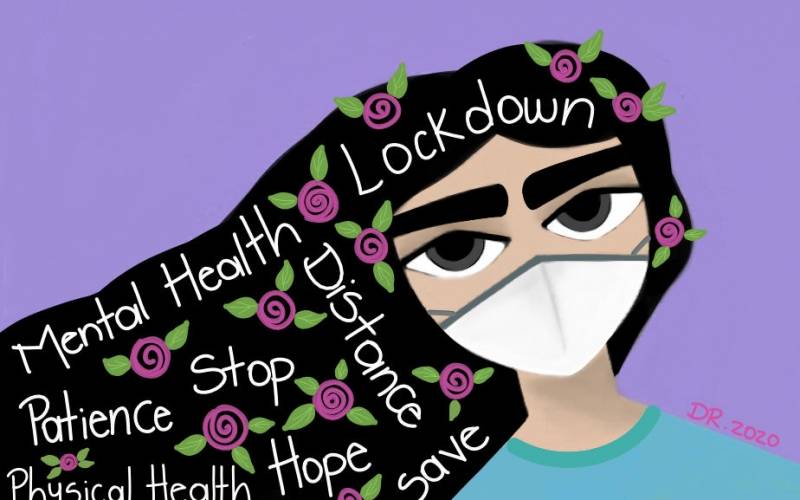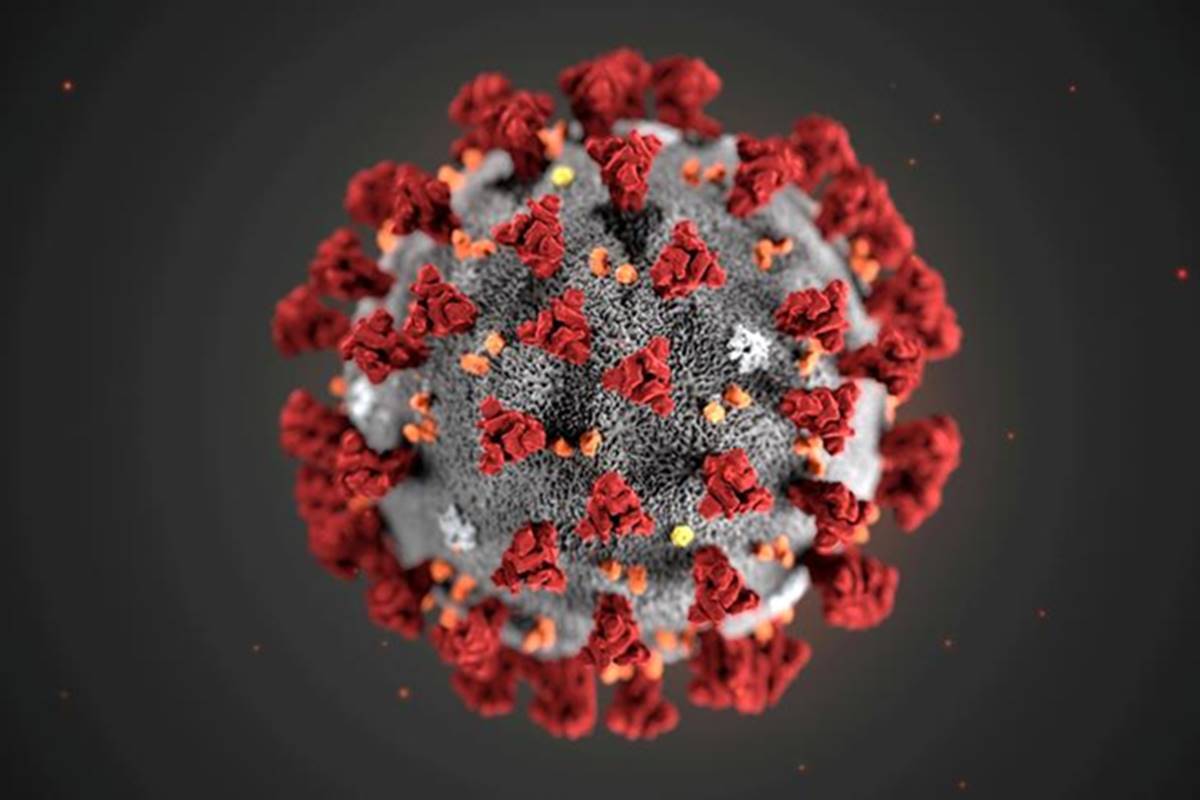CorStone in collaboration with SNEHA organised a webinar on ‘Post-Pandemic Roadmap to Resilience- Strengthening Mental Health Care for the Youth’ on December 15, 2021. The webinar offered a perspective on how COVID-19 has provided a constructive opportunity to address promotive mental health systems that focus on creating optimal environmental conditions towards the psychological well-being of youth. Organisations such as CorStone are thus delivering resilience training to marginalised youth in India and around the world. Both SNEHA and CorStone are working to bridge the awareness gap on mental health and to encourage help seeking behaviour among young people.
Key speakers present at the webinar included, Gracy Andrew, a clinical psychologist who is Vice President and Country Director at CorStone; Neeta Karandikar, Associate Programme Director with SNEHA’s programme on Adolescent Health and Sexuality (EHSAS); Saisha Manan, Grants Manager at the Mariwala Health Initiative (MHI); and guest speaker, Ravina Matal, Community Organiser from SNEHA. The event was moderated by Shai Venkatraman, Account Director at Footprint Global Communications and formerly a senior journalist with NDTV.
Gracy Andrew, Vice President, and Country Director at CorStone, India said, “The pandemic has emotionally affected everyone, across every milieu and this provides us with the opportunity to create awareness about mental health from a wellbeing perspective. If promoting mental wellbeing can be highlighted instead of solely focusing on counselling-based service provision, we will be able to address mental health in a more sustained manner. CorStone is doing that through resilience skills training of school teachers and youth across India.”
To date, CorStone has provided resilience training to over 200,000 youth and over 5,000 teachers across Bihar, Uttar Pradesh, Uttarakhand, and Rajasthan. In a particularly ambitious endeavour, CorStone has partnered with the Bihar Education Project Council to scale its Youth First resilience training programme to all middle schools and Kasturba Gandhi Balika Vidyalaya (KGBV) hostels across Bihar.
“We believe there is an imperative need – made even more visible due to the pandemic – to provide these important skills to youth through school systems. Collaborations with the government are essential if we are to provide programs that build resilience in a sustainable manner, giving youth, particularly girls, the skills they need to navigate the many challenges they are facing in a positive manner”, added Gracy.
A UNICEF study mentions that young girls have been particularly affected by the pandemic. It reports that 43% of young women feel pessimistic about the future compared to 31% of the male participants. Not only are many experiencing extreme emotional distress, but they are also at a higher risk of neglect and abuse.
In this regard, the guest speaker, Ravina Matal, community organiser with SNEHA said, “With the pandemic we have seen a sharp rise in feelings of loneliness amongst the youth, especially young girls. Their social circle has been disintegrated with spaces such as schools and colleges being shut. SNEHA is therefore engaging in home-to-home screening and assessing the need to have a counselling session while understanding environmental determinants affecting youth’s mental health. We are extending promotional support for youth to move beyond the issues faced”.
Neeta Karandikar, Associate Programme Director with SNEHA’s programme on Adolescent Health and Sexuality (EHSAS) added, “Gender based violence and restrictions on mobility (which were already in place before the pandemic) have seen a further spike in reference to young girls during the pandemic. Interventions such as smartphone libraries and structured mental health screening introduced by SNEHA have been picked up well by the community. Girls are using smartphones now to engage in group-studies under the COVID-19 protocols laid out by SNEHA.”
“A promotive and preventive approach to mental health calls for building emotional resilience. SNEHA has come up with video-based resilience modules that are promoted through community youth volunteers via WhatsApp. There is a need to adopt a more hybrid model where offline and online techniques are combined with building awareness among parents on understanding the emotional needs of their children.”, added Karandikar.
Saisha Manan, Grants Manager at the Mariwala Health Initiative (MHI), on promotive mental health shared, “we need to leverage community as a space to de-stigmatise mental health and make it an accessible space for people to come together and engage in conversations. The beauty of community living in the wake of the pandemic has been that community provides the key channel to impart basic mental health services. Those who were practicing community centred work were able to act at a much steadier pace during COVID-19. We at MHI thus believe that community can be a source of invigorating collective responsibility to engage in the mental health of youth. The pandemic has primed the need to have an ecosystem approach and addressing structural determinants for attending mental health.”
The webinar meaningfully reiterated that the pandemic offers the opportunity to have more open conversations on supporting mental health. We need to look at increasing protective factors, coping mechanisms, role of family and community and adoption of healthy behaviours that can help prevent the onset of diagnosable mental disorders and reduce risk factors that can lead to the development of a mental disorder. Innovative and promotive mental health policies for children, adolescents, and young girls with direct digital collaboration networks of mental health service providers and community volunteers are essential, as are expansion of access to social security services.











